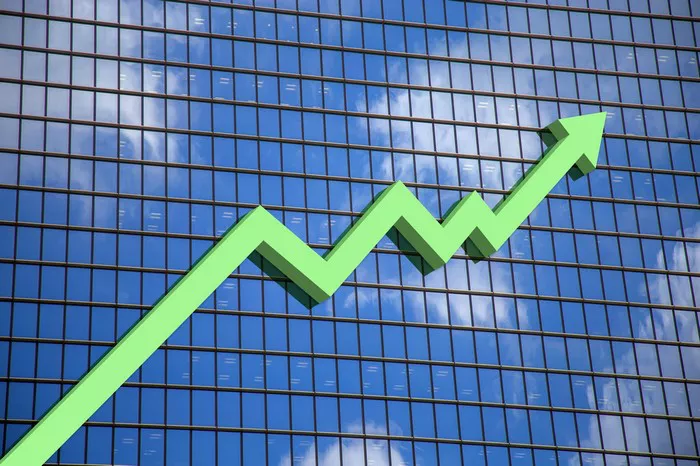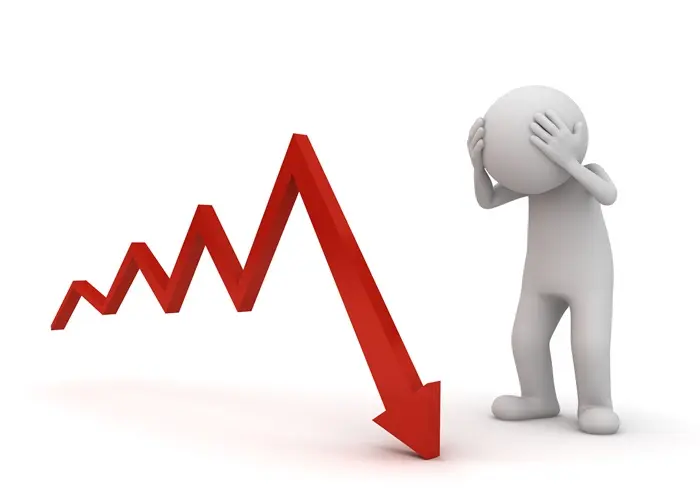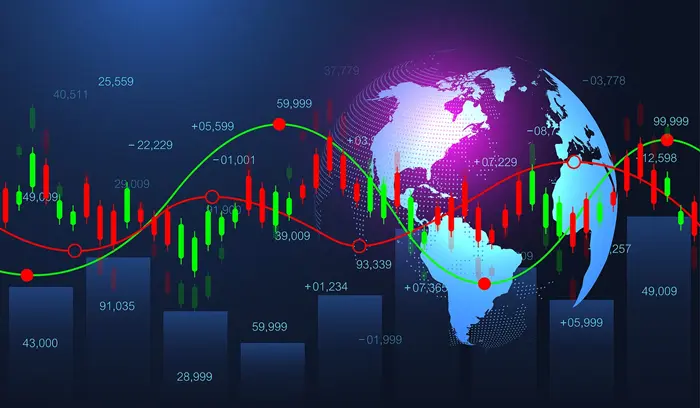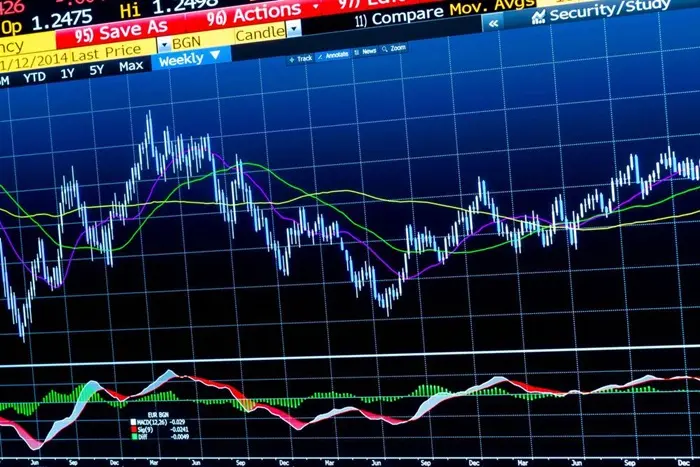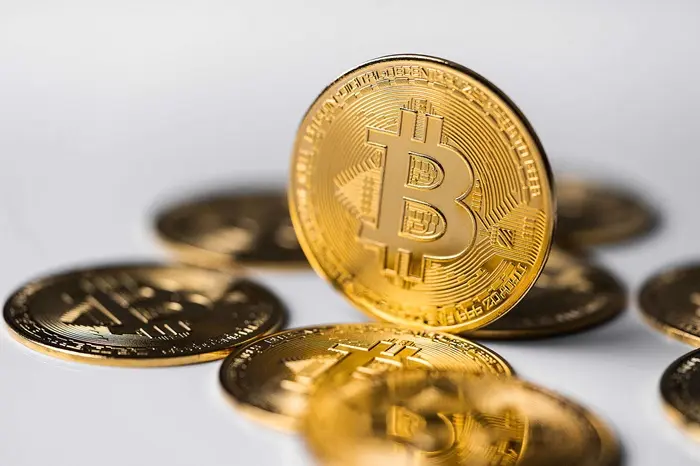U.S. stocks fell first and then rose on the last trading day of the first quarter. The Nasdaq index fell more than 2.2% in the early trading session, and almost wiped out all the losses at the close. The S&P 500 index fell 1.7% to a six-month low, but rose at the close. U.S. President Trump said that the reciprocal tariffs announced on Wednesday will be implemented on all countries without any exemptions. Funds flowed to safe-haven stocks, with Walmart and Coca-Cola rising 3% and 2% respectively, helping the Dow Jones Index to close more than 400 points. Goldman Sachs has lowered its stock market forecast twice in a month.
In summary, the first quarter, all three major indexes fell, recording the worst performance since 2022. Technology stocks lost momentum, and the Nasdaq fell 10% in the first quarter.
Oil prices rose sharply, and the Ukrainian peace process stalled. Trump expressed anger at Russian President Putin and threatened to impose secondary tariffs on companies that buy Russian oil. Gold prices hit a new high.
Market conditions on March 21 (Monday)
l The Dow Jones Industrial Average rose 417.86 points, or 1.00%, to 42,001.76 points. In summary, the Dow fell 4.20% in March and 1.28% in the first quarter.
l The S&P 500 rose 30.91 points, or 0.55%, to 5,611.85 points. It fell 5.75% in March and 4.59% in the first quarter.
l The Nasdaq fell 23.70 points, or 0.14%, to 17,299.29 points. It fell 8.21% in March and 10.42% in the first quarter.
l New York May crude oil closed at $71.48 a barrel, up $2.12 or 3.1%.
l New York April gold futures closed at $3,123.6.0 an ounce, up $37.1 or 1.2%.
l Bitcoin was at $82,670.35 as of 4 p.m. EST, up $62.33 or 0.08%.
l The U.S. 10-year Treasury bond rate closed at 4.246%, down 0.9 basis points.
Tesla had plunged nearly 7% earlier, but the decline narrowed to 2.3% at the close. CEO Musk said that his government position had cost him a lot, and admitted that Tesla’s stock price had fallen by half, which was a big problem, but it would be good in the long run, and it might be a buying opportunity now.
Brokerage firm Stifel lowered Tesla’s target price by $19 to $455, and maintained a “buy” rating. It said that the launch of the new Model Y was slower than expected, and the launch time of its low-priced models might affect sales. He also said that he was cautious about the possibility that anti-Musk voices might affect sales in the short term.
Apple fell first and then rose 2%. The French antitrust regulator fined it 150 million euros (about $162 million), saying that iOS data tracking violated EU privacy regulations.
Auto stocks fell first and then rose, with Ford closing up 3% and General Motors stable. US President Trump said that if auto companies raise prices because of his 25% import tariff, he “doesn’t care at all.” This is different from earlier reports that he put pressure on auto companies to ask them not to raise prices.
Vaccine manufacturers fell sharply, Moderna fell by double digits at one point, closing down more than 8% with Novavax, and BioNTech fell 4%. Peter Marks, a key figure in the rapid approval of vaccines during the COVID-19 pandemic and responsible for vaccine approval at the US Food and Drug Administration (FDA), was reportedly forced to resign. In his resignation letter, he said that Health Secretary RF Kennedy “asked others to agree with his false information and lies without asking for reasons.”
Goldman Sachs Chief U.S. Equity Strategist David Kostin lowered the S&P 500’s year-end target for the second time this month, from 6,200 points to 5,700 points. Mainly due to the rising risk of recession, now estimated to rise from 20% to 35%, and tariff-related uncertainties.
Barclays strategist Emmanuel Cau said the market has largely digested the risk of tariffs, and stock prices of different categories have already reflected it. “Therefore, Liberation Day (April 2, when the tariffs take effect) may not cause a sharp shock to the market.”
Related topics:





